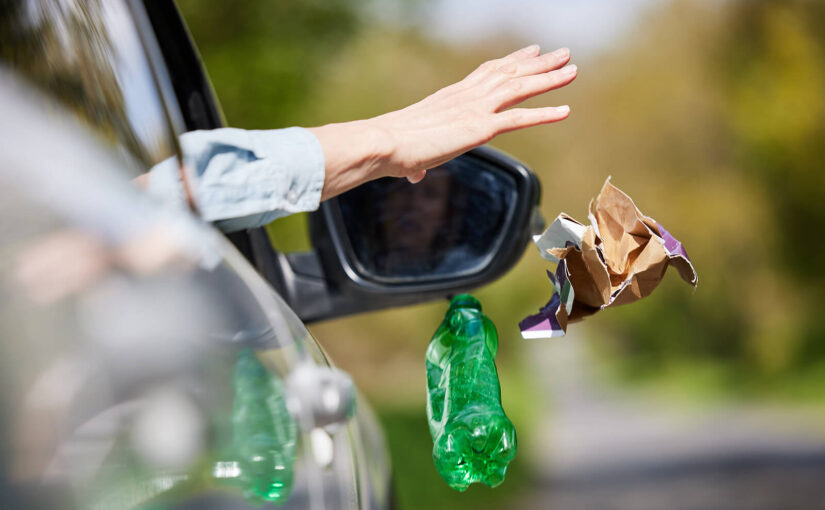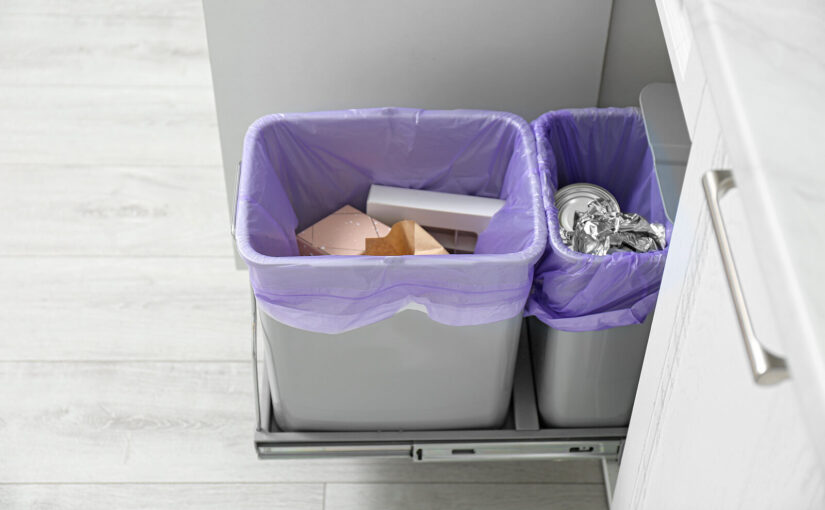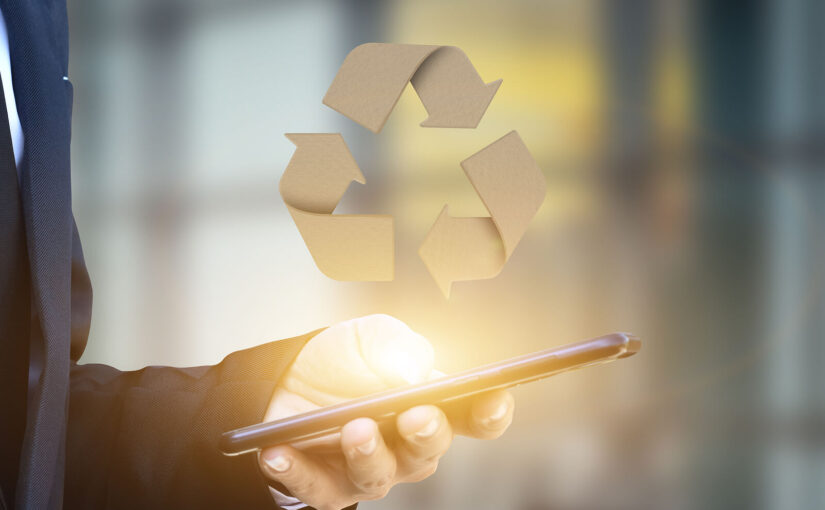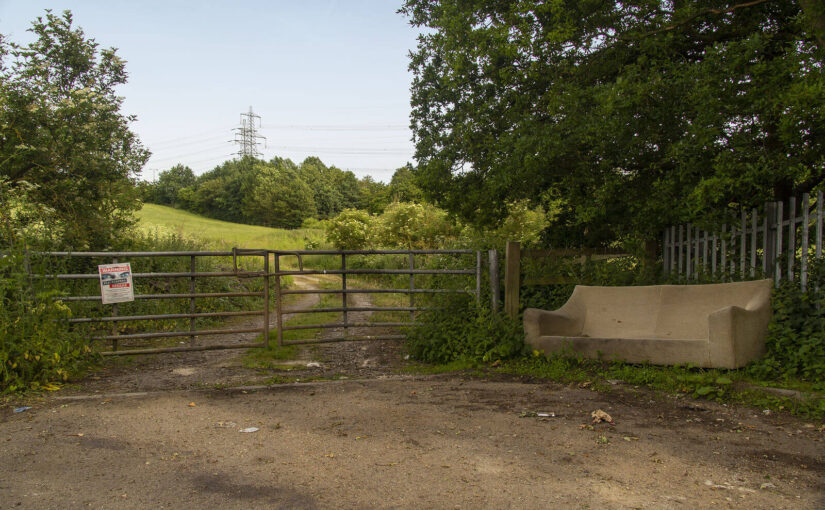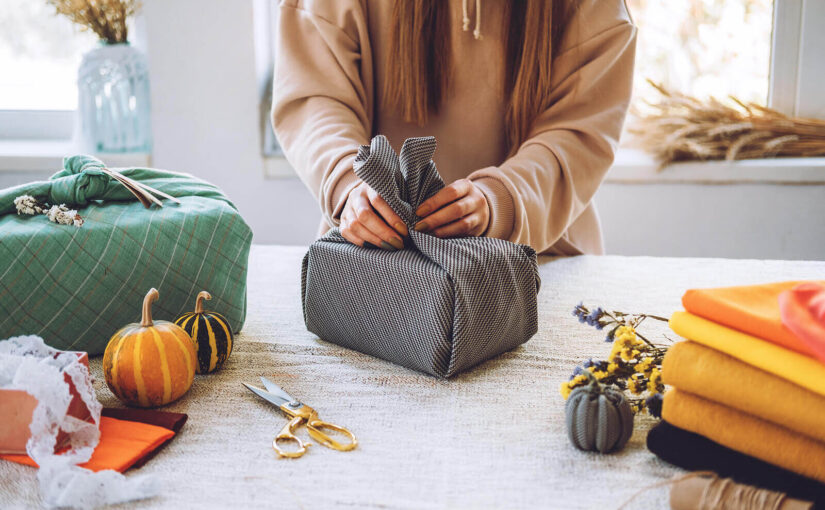It is estimated that 2 million pieces of litter are dropped daily across the UK; a shocking statistic when you consider the size of our island and the number of people who must be dropping that litter.
Litter is unsightly, but that isn’t the only issue; it is also terrible for the environment.
Being a crime, littering can be reported in the UK so, in this blog post, we will explore what litter is, what the fine is for dropping it, and how you can report incidents of littering in your local area.
Firstly, let’s begin with the basics.
Continue reading How to report littering in Leeds & Yorkshire
